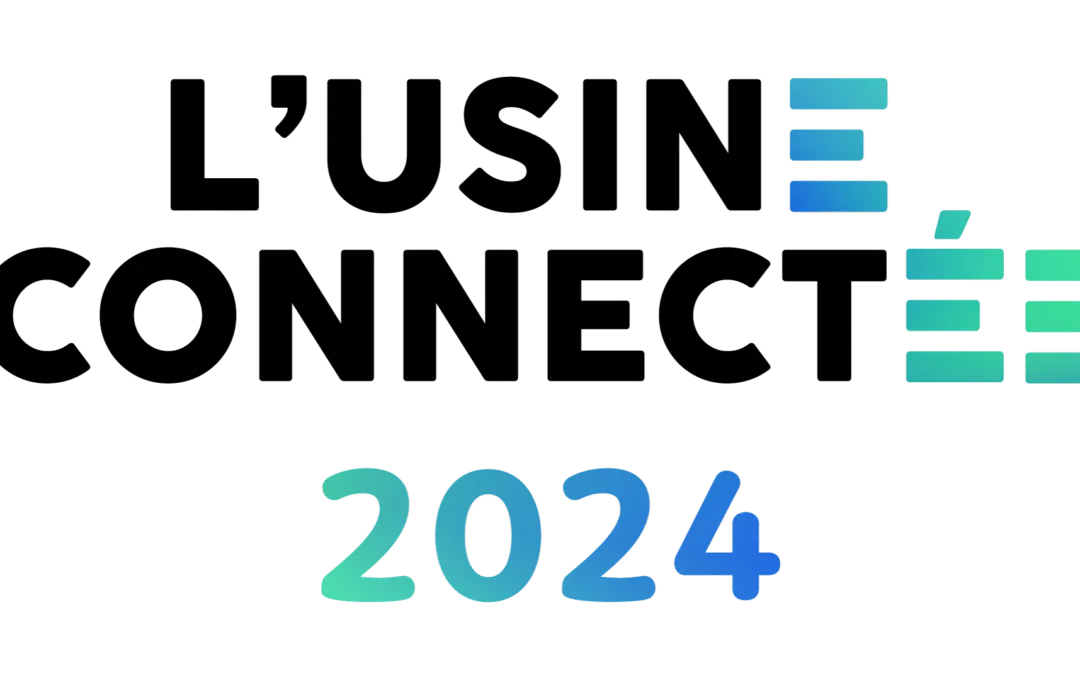In the current context of the digital market, the integration of Industry 4.0 offers innovative prospects for transforming the marketing strategies of medical devices, particularly within emerging economies. This approach provides a response to the growing imperative of meeting modern customer expectations while increasing operational efficiency and business growth. The prosthetics and orthotics industry, for example, perfectly illustrates the challenges and opportunities that arise with the exploitation of advanced technologies such as artificial intelligence, augmented reality, and big data. This technological progress is not limited to improving products but also allows for the possibility of redefining customer engagement in innovative ways. By exploring this complex horizon, companies can not only achieve sustainability but also distinguish themselves in an ever-evolving competitive landscape. The challenge is not merely to keep up with technological progress but to adopt a strategy that brings together digital skills and customer interaction towards a prosperous future.
In the current context, Industry 4.0 is revolutionizing marketing strategies, particularly in the medical devices sector in emerging economies. The integration of advanced technologies such as artificial intelligence, big data, the Internet of Things (IoT), virtual reality, and augmented reality enables companies to customize their offerings, enhance the customer experience, and make decisions based on precise analytical data. These advances offer emerging markets a unique opportunity to strengthen their economic growth and adapt to the evolving needs of customers. In particular, the prosthetics and orthotics sector faces significant challenges that can be overcome through the integration of Industry 4.0, allowing for better customer satisfaction and greater operational efficiency.

Table des matières
ToggleLeveraging Industry 4.0 for Medical Devices in Emerging Economies
With the rapid evolution of Industry 4.0, medical device companies in emerging economies are benefiting from a digital revolution. The introduction of advanced technologies such as the Internet of Things (IoT), artificial intelligence (AI), and data analytics enables significant improvement in marketing strategies. By harnessing these innovations, companies can not only enhance operational efficiency but also customize campaigns to better meet local needs. IoT-based solutions, in particular, facilitate continuous monitoring and precise data collection, providing critical insights to adjust strategies in real-time.
By integrating AI into their operations, medical device companies can automate processes and offer more personalized customer experiences. The use of chatbots for instant customer service and recommendations based on predictive analytics makes the marketing approach more relevant and effective. Moreover, these technological tools allow for saving time and resources, which are essential in rapidly changing markets such as those in emerging economies. Companies that adopt these technologies often see improved return on investment and increased customer satisfaction.
Optimizing Marketing Strategies through New Technologies
The adoption of 4.0 technologies in marketing strategies stimulates innovation and competitiveness. The big data collected helps to segment the market more accurately and identify untapped niches. This data-driven approach allows for in-depth analysis of consumer behavior, thereby guiding the customization of offerings. With the automation of marketing campaigns, companies can now test and adjust their initiatives quickly, ensuring better responsiveness to changing customer needs.
The Future Impact of Industry 4.0 on Emerging Economies
Emerging economies have a unique opportunity to adopt Industry 4.0 to catch up with their more developed counterparts. The modernization of infrastructure through the use of digital twins and smart management systems propels these markets to new heights. These technologies not only improve productivity but also foster international collaboration. Furthermore, access to these technological tools enhances education in scientific and technical fields, preparing for a future where emerging economies will become hubs of global innovation.





